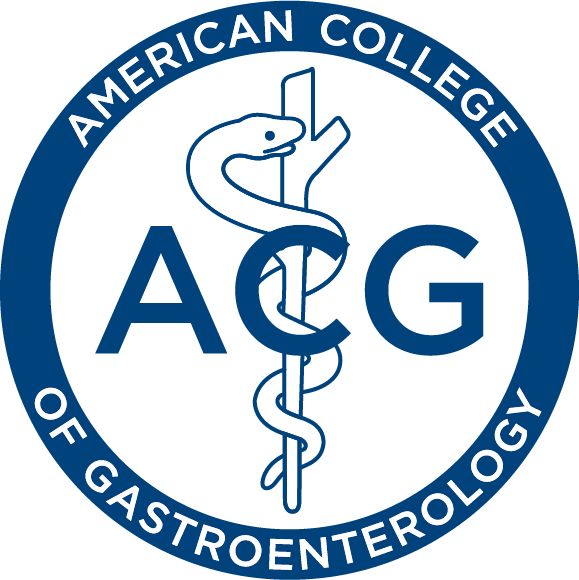Newswise — The August issue of The American Journal of Gastroenterology includes several articles on digital therapeutics and innovations in GI, encouraging adoption of emerging GI technologies to advance GI care. The issue also highlights new clinical science and reviews including guidance on administration of RBX2660 (fecal microbiota-based therapy) for recurrent Clostridioides difficile, manometry for esophageal motility disorders, and GI endoscopic sedation in Veterans Health Administration and community settings. This month we also published articles on inflammatory bowel disease, irritable bowel syndrome, chronic pancreatitis, celiac disease and pregnancy, nutrition literacy in NAFLD, and more.
Several articles are highlighted below and access to any articles from this issue, or past issues, is available upon request. The College is also able to connect members of the press with study authors or outside experts who can comment on the articles.
Impact of Cold Snare vs Cold Forceps Resection of Diminutive Adenomas on Segmental Incomplete Resection Rate
Van, et al.
In this retrospective cohort study, the authors evaluated the segmental incomplete resection rate of diminutive tubular adenomas, comparing polypectomy using cold snare vs. cold forceps techniques. They found that the adenoma burden on follow-up colonoscopy when small and diminutive polyps are removed was lower with cold snare polypectomy compared to those removed by cold forceps polypectomy.
Future Implications of Innovation in Gastroenterology for Clinical Practice: A Call to Action
Srinadh Komanduri, MD, MS; Amrita Sethi, MD & Raman V. Muthusamy, MD, MAS, FACG
In this article, the authors review various technological and practice innovations that are emerging as important considerations for GI clinical practice, including artificial intelligence, endoscopy, obesity and metabolic disorders, the microbiome, digital health and telemedicine, and environmental sustainability. They discuss limiting factors that can inhibit progress in these areas and call on the GI community to continue to drive progress and accelerate innovation.
No Increased Risk of Cardiac Birth Defects in Infants of Mothers With Celiac Disease: A Population and Sibling Comparison
Zylberberg, et al.
In this retrospective cohort study, the authors investigated the association between mothers with celiac disease and infant birth defects. They found no statistically significant risk of any or cardiac birth defects in infants born to mothers with diagnosed celiac disease compared with mothers without celiac disease.
Visual Abstract
About the American College of Gastroenterology
Founded in 1932, the American College of Gastroenterology (ACG) is an organization with an international membership of over 18,000 individuals from 86 countries. The College’s vision is to be the preeminent professional organization that champions the prevention, diagnosis, and treatment of digestive disorders, serving as a beacon to guide the delivery of the highest quality, compassionate, and evidence-based patient care. The mission of the College is to enhance the ability of our members to provide world class care to patients with digestive disorders and advance the profession through excellence and innovation based upon the pillars of Patient Care, Education, Scientific Investigation, Advocacy and Practice Management. www.gi.org
###
MEDIA CONTACT
Register for reporter access to contact detailsCITATIONS
The American Journal of Gastroenterology

